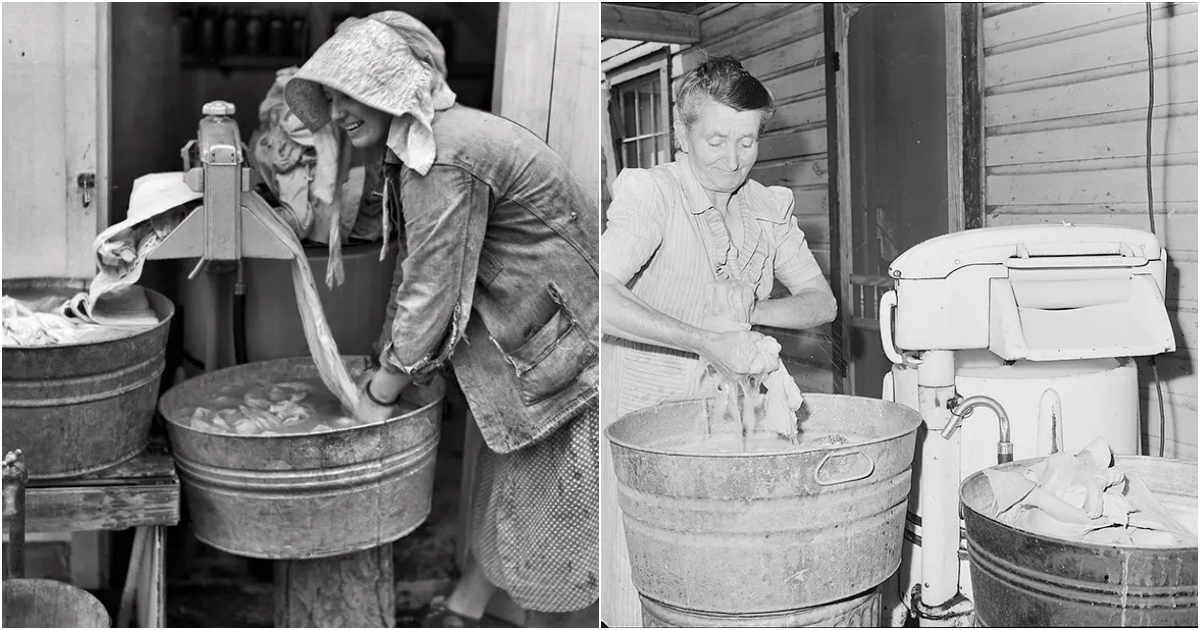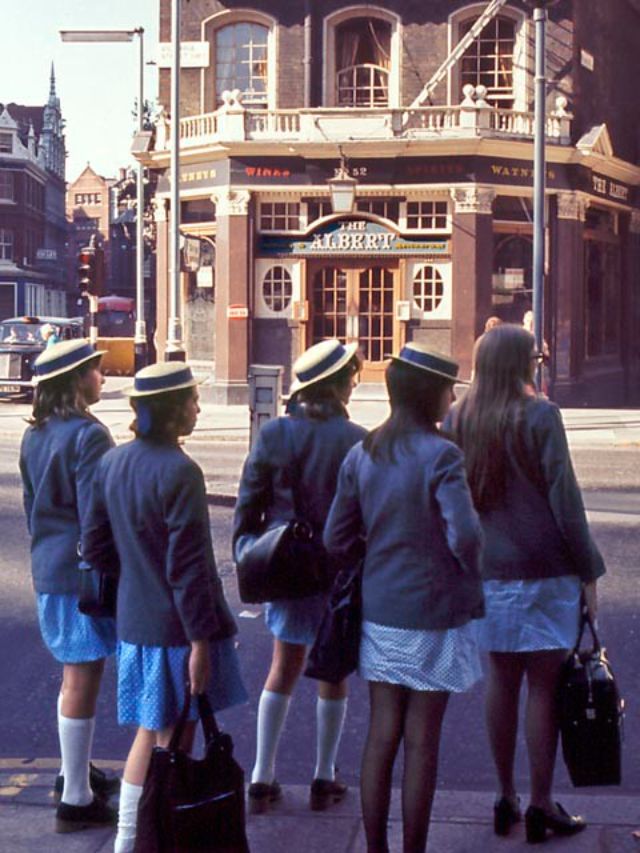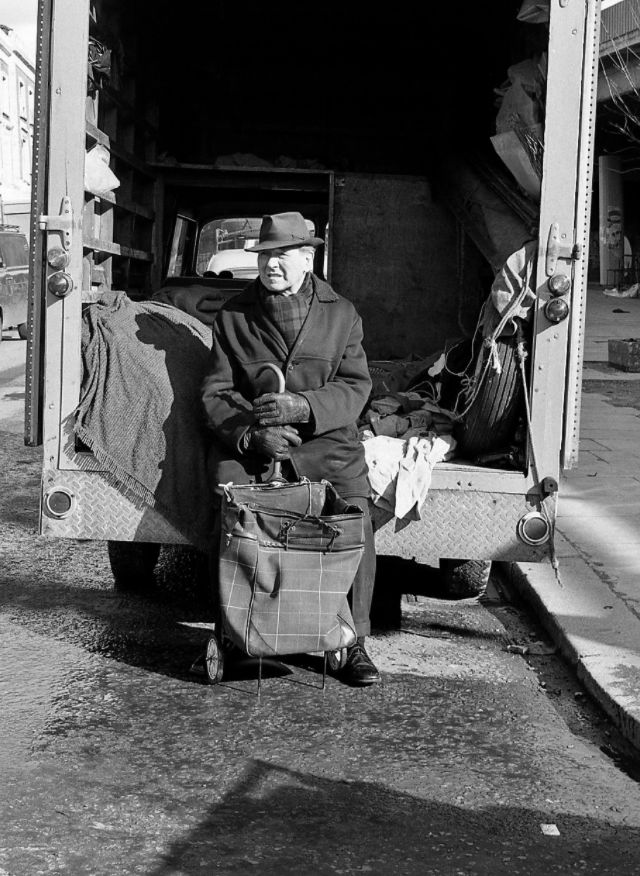Wood gas cars were not the only answer to the limited supply of gasoline in World War One and Two. An even more cumbersome alternative came in the form of the gas bag vehicle. The old-timers in these pictures are not moving furniture or an oversized load. What can be seen on the roof is the fuel tank of the vehicle – a balloon filled with uncompressed gas.

Gas bag vehicles were built during World War One and (especially) World War Two in France, the Netherlands, Germany and England as an improvised solution to the shortage of gasoline. Apart from automobiles, buses and trucks were also equipped with the technology. The vehicles consumed ‘town gas’ or ‘street gas’, a by-product of the process of turning coal into cokes (which are used to make iron).
Fuel and the associated problems of supply, demand and escalating costs remains a painful issue for motorists today, but spare a thought for car drivers of the Great War. In July 1916, petrol was rationed and a tax on fuel was introduced which doubled the cost of petrol by 6d. to a shilling a gallon. In some ways, this increase in the cost of fuel made little difference to car owners who simply found they could not buy petrol, even if they could afford to.

Petrol was strictly limited to the war’s ‘key workers’ and ‘tickets’ were issued allowing small amounts for ordinary motorists who began to cast about for alternatives. Many engineering manufacturers advertised gadgets to improve fuel efficiency such as one company that claimed, “Every motorist can reduce the petrol bill by fitting the Zenith patent carburetor.”

Other car owners opted for more enterprising ways to eke out their petrol allowance and experimented with some rather alarming potions. The Illustrated London News’ motoring columnist reported on the results of mixing two thirds petrol with one third paraffin, and wrote of some more imaginative liquids making their way into car engines; “The internal combustion engine is agreeable to work in an emergency on gin, whisky, methylated spirits, paraffin, and other vaporising oils.”















